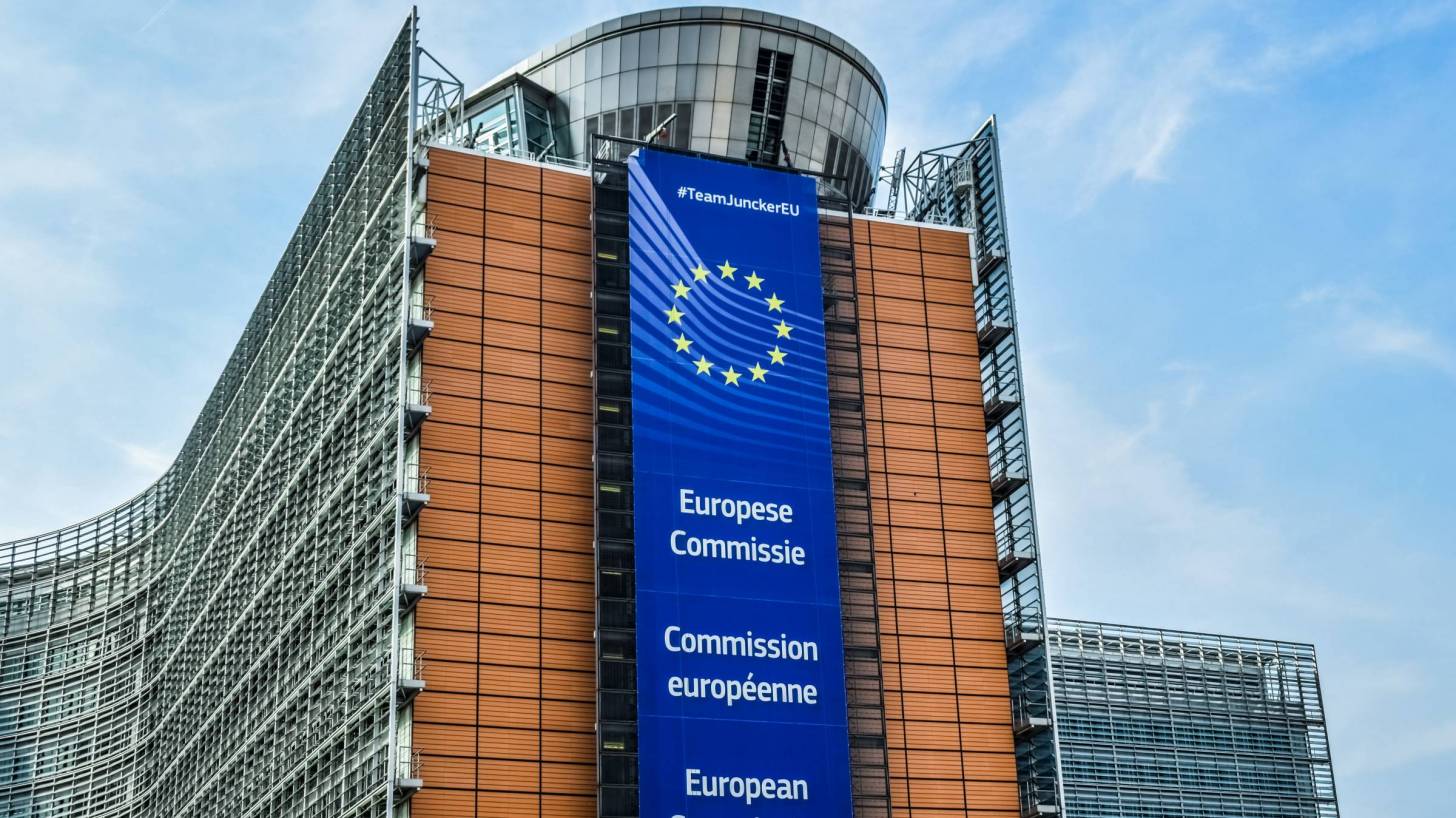European Leaders Speak Out Against Anti-Vaxx Beliefs

Vaccination is one of the most successful public health measures to date. Not only do vaccines prevent diseases and save lives, they also reduce healthcare costs, says the European Commission (EC), in a press release.
Unfortunately, those who read the health news have undoubtedly seen striking headlines about the rise of vaccine-preventable disease outbreaks in recent years.
But, the EC says there is some good news, as shown in the first Eurobarometer on attitudes towards vaccination, published on April 26, 2019
This new study found 85 percent of EU citizens believe vaccination is an effective way to prevent infectious diseases, to protect yourself and others.
Yet, there are some other worrying findings:
- 48% of Europeans believe that vaccines can often produce severe side effects
- 38% think vaccines can cause the diseases against which they protect
This means, the EU’s work to increase vaccine coverage and to fight against vaccine disinformation, is far from finished.
The good news is the Eurobarometer also shows a large majority (79%) of individuals consult and trust a healthcare professional to get vaccine information.
The latter data confirms the Commission's initiative, together with the Coalition of Healthcare Workers, puts us on the right path to raising awareness effectively.
This new poll comes exactly 1 year after the Commission’s communication on the need for greater cooperation on vaccine-preventable diseases.
Moreover, it also underlined the problem facing the EU in convincing people that policies on vaccines should be made jointly.
While vaccines may cause some mild side effects, such as a fever or local swelling at the jab site, “more severe reactions are very rare,” according to the European Centre for Disease Prevention and Control (ECDC).
ECDC experts say the potential for fatalities or long-lasting health effects from vaccine-preventable diseases greatly outweighs the risks.
This was just the first deliverable of the recently adopted Council Recommendation on strengthening the cooperation against vaccine-preventable disease and there is more to follow.
National health ministers in December 2018 promised to “examine the feasibility” of aligning vaccination schedules among EU countries by 2020.
And, the Commission and World Health Organization will be hosting a Global Vaccination Summit on September 12, 2019, in Brussels.
‘This is a clear message of political endorsement for the benefits of vaccination, the importance of continued research for better vaccines and the need to secure equal access to vaccines for all,’ said the EC.
Our Trust Standards: Medical Advisory Committee
























